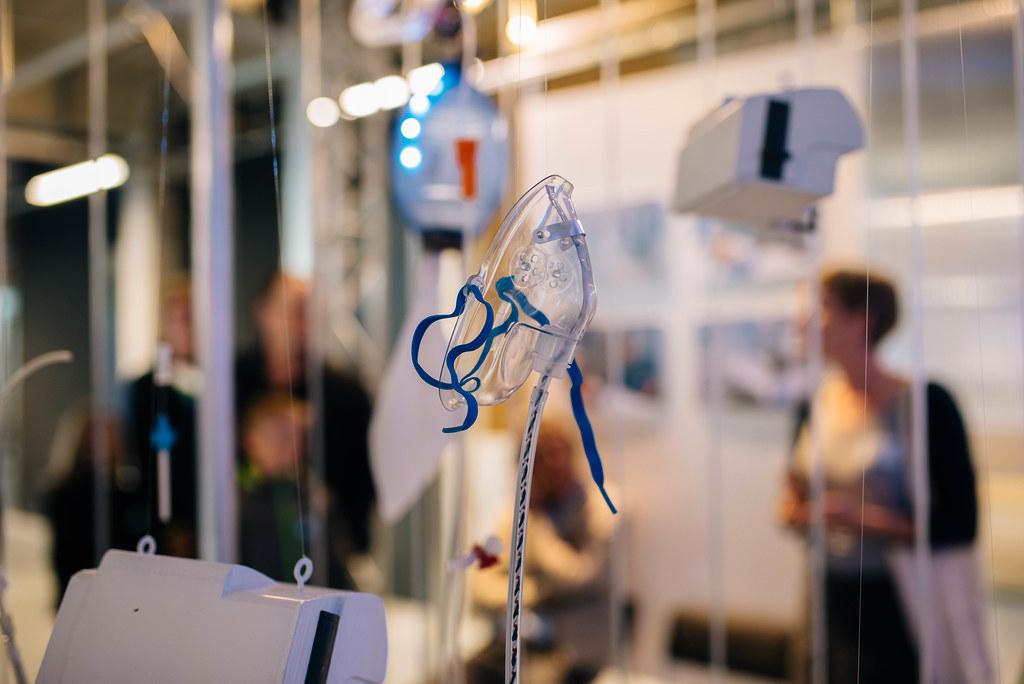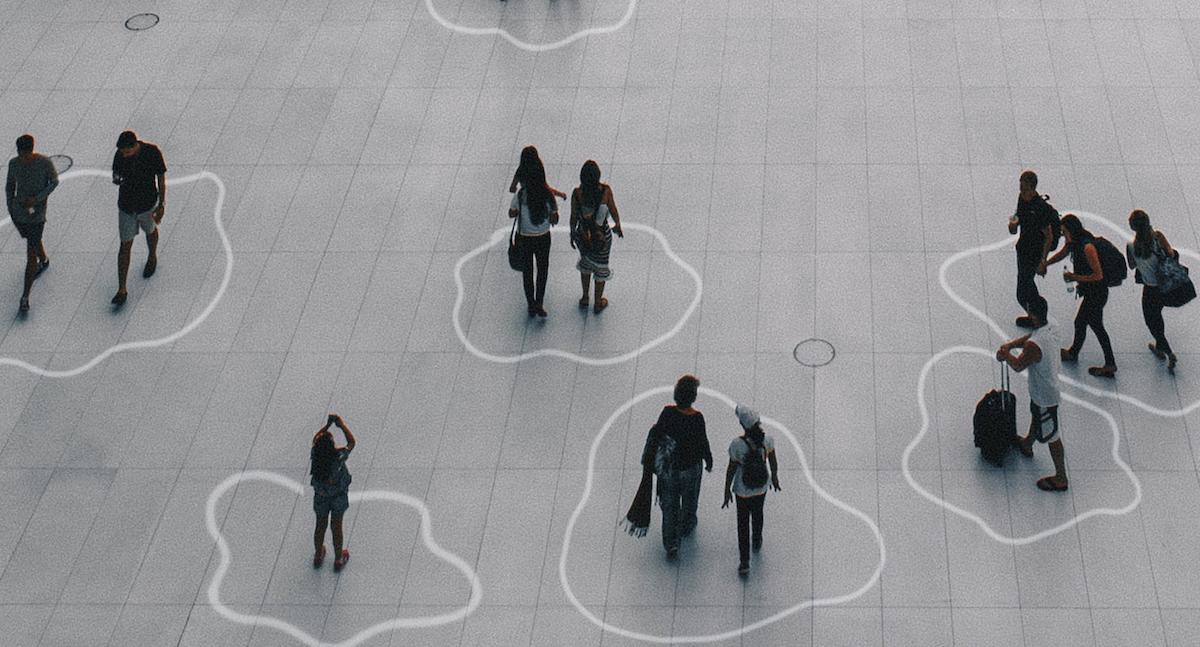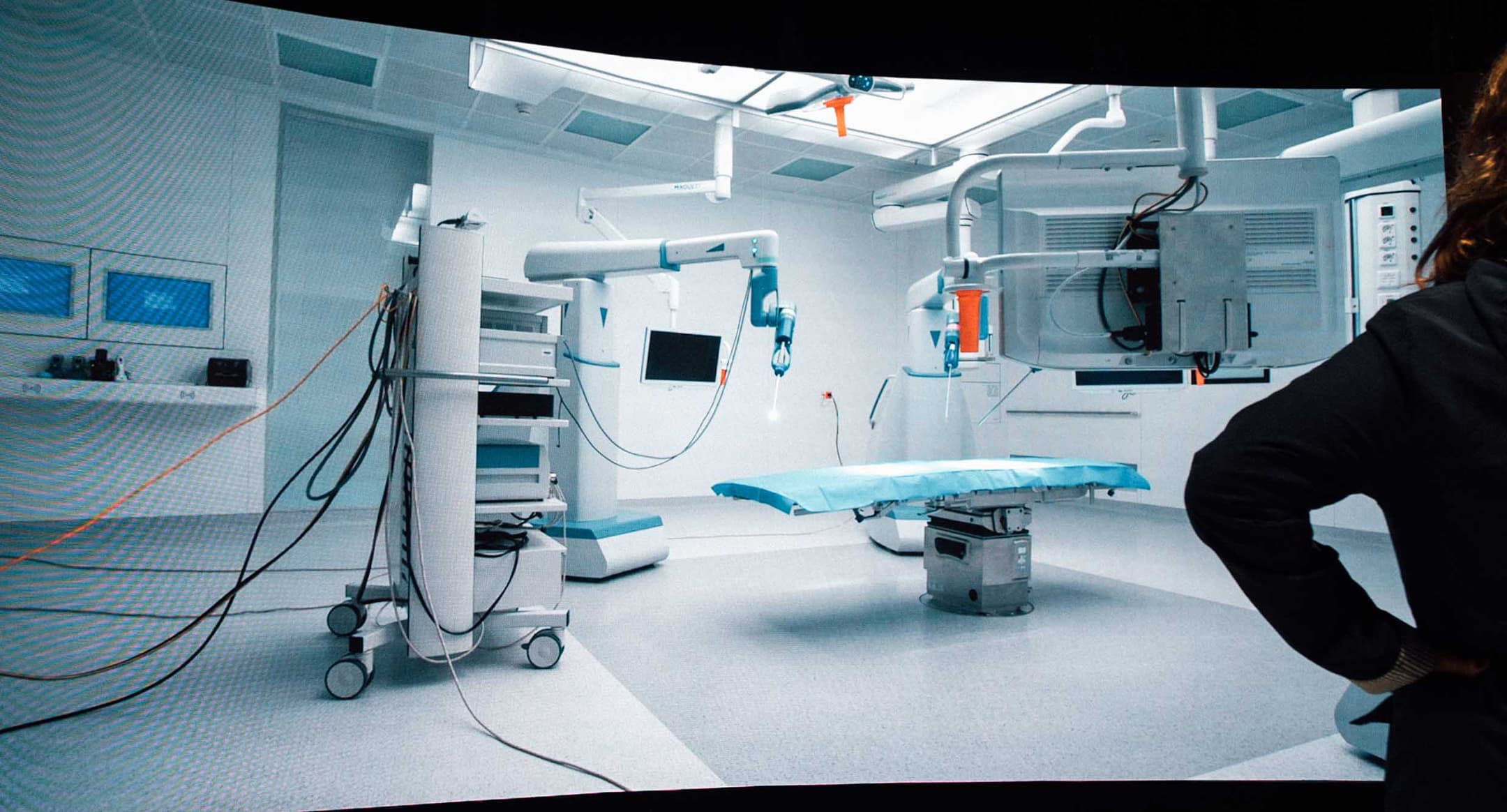A range of data is collected in every care process - both by care professionals and by citizens themselves, for instance by using mobile (health) applications. Despite the fact that monitoring personal health has become commonplace, the involvement of citizens in medical research is not self-evident.
“We're living in a time of heightened awareness of shared health risks.” - Margaret Gold (ECSA / Citizen Science Lab Leiden)
Citizens currently don't have a strong say of how their health data is used, because it is left mostly to healthcare professionals. Citizen science in healthcare strives to enable citizens by involving them in healthcare research. This will be beneficial in two ways: not only will it empower citizens, it will also improve healthcare research. In order to activate citizen science in the healthcare domain, it is essential to understand the opportunities and preconditions necessary for citizens and researchers to successfully work and design together.
This is why Waag hosted a talk on Citizen Science in Healthcare at the Dutch Design Week (DDW; 2020). At the DDW a panel of citizen science experts discussed the following question : “How can design actively involve citizens in healthcare research?”.
The online panel discussion was moderated by Paulien Melis (Waag) and took place among Sabine Wildevuur (Design Lab Twente), Judith Veenkamp (Waag), Margaret Gold (Citizen Science Lab Leiden) and Henk Duinkerken (Mijn Data Onze Gezondheid).
Designing with Citizens and Scientists
To the panel members, design is an active and citizen inclusive co-creation process: A collection of methods of engaging citizens and relevant stakeholders in designing citizen-centric solutions (for healthcare). The method to conduct co-creation is citizen science: active participation of lay individuals in scientific research in more ways than acting as respondents or research objects. This means that involvement of citizens in research varies from collecting data to analyzing and managing data.
However, the panel would also like to see that citizen science in health research involves citizens on the level of generating research questions and deciding what data is being used, thereby allowing citizens to also be a primary and active force of research rather than secondary and passive aid to researchers.
How research is designed is currently up to healthcare professionals and researchers. In order to change this, design thinkers and citizens need to be actively involved in the process of re-designing research so as to engage citizens by employing co-creation and citizen science methods.
Opportunities for involving citizens in healthcare research
Opportunities for involving citizens in healthcare research have never been more favorable. Duinkerken, from Mijn Data Onze Gezondheid, described how a cultural shift has taken place which is changing the traditional dynamic between patients and healthcare professionals.
Patients were once content with being passive subjects in the doctor’s office. Now, patients are more equipped to be active in the daily management of their health. ‘Hence the role of the ‘expert’ is no longer solely on the health professional, but the patient can now be called experiential experts on their own health condition(s)’, according to Judith Veenkamp.

Dutch Design Week 2020
Moreover, Duinkerken discussed with the panel how 1) patients are more informed about their health conditions and demand to be more involved. For example, it is more commonplace for patients to have read online about their health condition and want to discuss this with their doctor. According to Duinkerken’s experience in the field of citizen science, 2) patients also feel an increased need to contribute to research on their health conditions, especially in the case of rare diseases; and 3) patients are interested in actively monitoring their own health using wearable technology and mobile applications.
These behaviours show that patients are generally more interested and motivated to understand their personal health on an active level and create agency for themselves; which parallels the trend in healthcare that is moving towards a focus on personalized lifestyle changes rather than depending on tertiary care. Nevertheless, scientists such as Carolyn Petersen notice that the uptake of this trend moves slowly in healthcare.
Thus, the panel agreed that several preconditions need to be met in order to effectively and ethically work with and learn from experiential experts.
Preconditions of co-creation in healthcare research
The panel mapped out three preconditions of co-creation for researchers: motivation, mindset, and methodology.

Firstly, researchers’ motive to engage in citizen science cannot be one-sided. Citizens can aid researchers in data collection, processing and analysis; however, researchers must also return value to citizens. Hence it is a prerequisite that researchers also aim to deliver results that are relevant and valuable to citizen scientists. Returning value could, for instance, mean citizens aiding in the development of research questions and discussing what data can be used and how. Doing so pays attention to the interests and knowledge needs of citizens from the start of the research.
Secondly, researchers’ mindset should shift in the direction of enabling citizens to become co-researchers. More directly put, citizen science in healthcare research means that health professionals and researchers give up some of their decision power in order to include citizen and patient’s perspectives.
Thirdly, researchers should receive education on how to incorporate societal challenges into their research methodology. Researchers must be well educated and equipped in communicating and collaborating with citizens. This is where design researchers come into place. By creating educational and schematic toolkits for co-creation, design researchers at Design Lab Twente and Waag labs have made citizen science methods more accessible to researchers.
Dynamic Informed Consent
An example of how research design can facilitate co-creation between citizens and researchers is by way of dynamic informed consent.

The function of a dynamic informed consent is essentially an online gateway enabling citizens to decide if and how they would like to participate in research with their personal data, on a collective rather than individual level. What this offers is a transparent way to involve citizens in research; by beginning to ask what citizens themselves are interested in, what data they find relevant or want to contribute, and finally by requesting collective consent to use citizen data for citizen-driven research purposes.
Most importantly, consent is on an iterative basis. This means that every time there is a new purpose - a new research question - consent is requested. This puts emphasis on the conscious involvement of citizens and their data in medical research, and it could be an entry point for collaboration between citizens and scientists.
When researchers use strategies and tools designed for collaboration and trust building - such as dynamic informed consent - progress and research with citizen scientists will advance. It is important that trust-building is an essential skill set and target to inform and engage both citizen scientists and healthcare researchers.
Challenges and next steps
Research institutions and healthcare organizations must work towards the goal of recognizing citizens and patients as collaborators. Both parties require additional training for successful collaboration. For instance, research professionals need to acquire additional knowledge on how to engage and collaborate with citizens; and citizens need to be guided through research methodology, ethics, and regulation. Especially relevant to the panel discussion is Petersens’ call for healthcare organizations and researchers to be open to building “capacity for engaging citizen scientists with variable skill sets” and to guide them into increasing responsibility within team projects as collaboration matures.
Author: Stefanie Tan


